참조 사이트
https://www.nzpcn.org.nz/flora/species/sophora-prostrata
학명 : Sophora prostrata Buchanan
분류 : 콩과(Fabaceae)
유통명 : 마오리 소포라(Maori sophora)
* 유통명 마오리소포라는 잘못된 것으로 보인다. 영어의 common Name인 kōwhai가 마오리어인 것을 종명으로 오해한듯하다
Common Name : kōwhai
사진 : 2024.06.30 창동
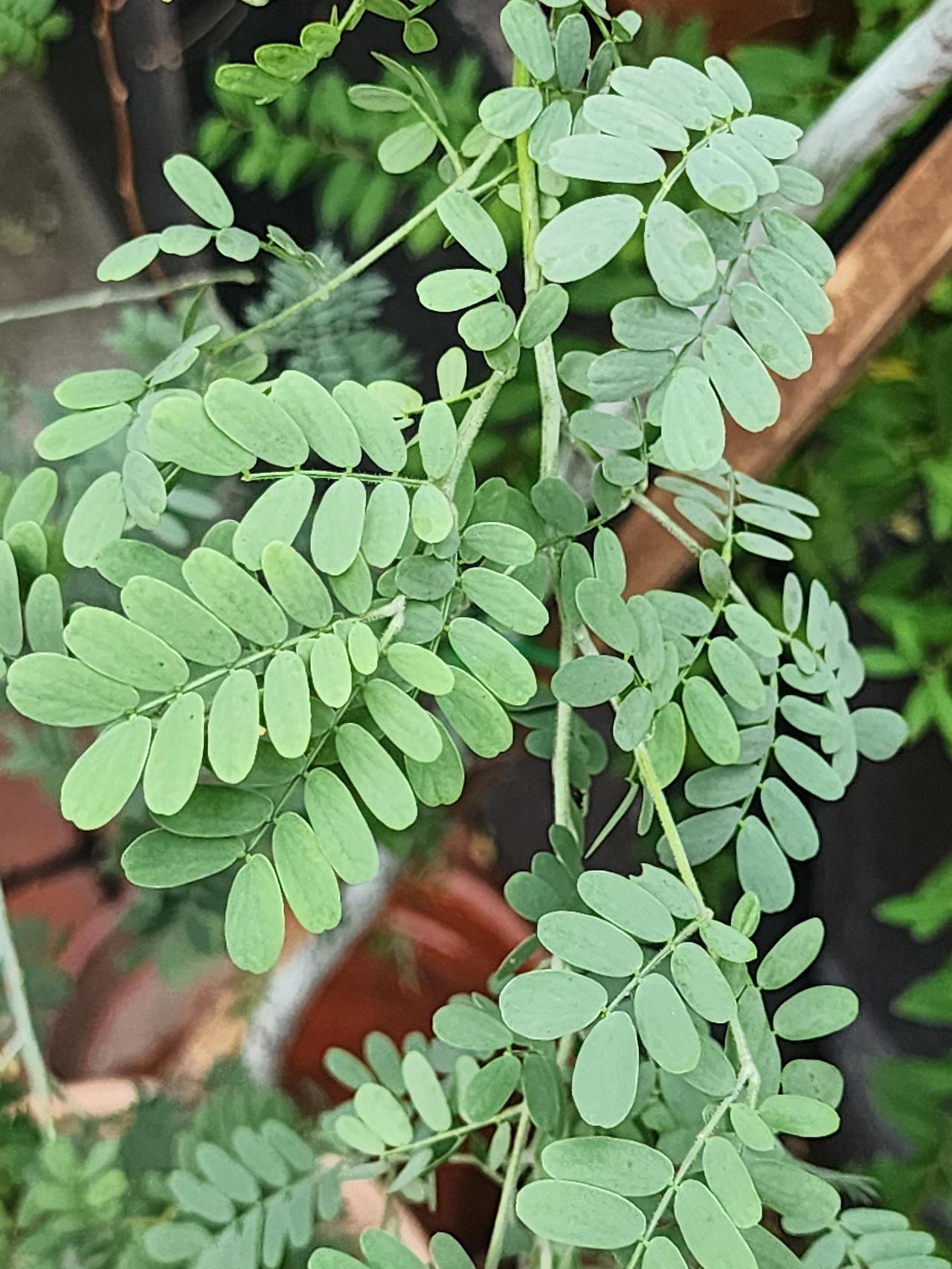


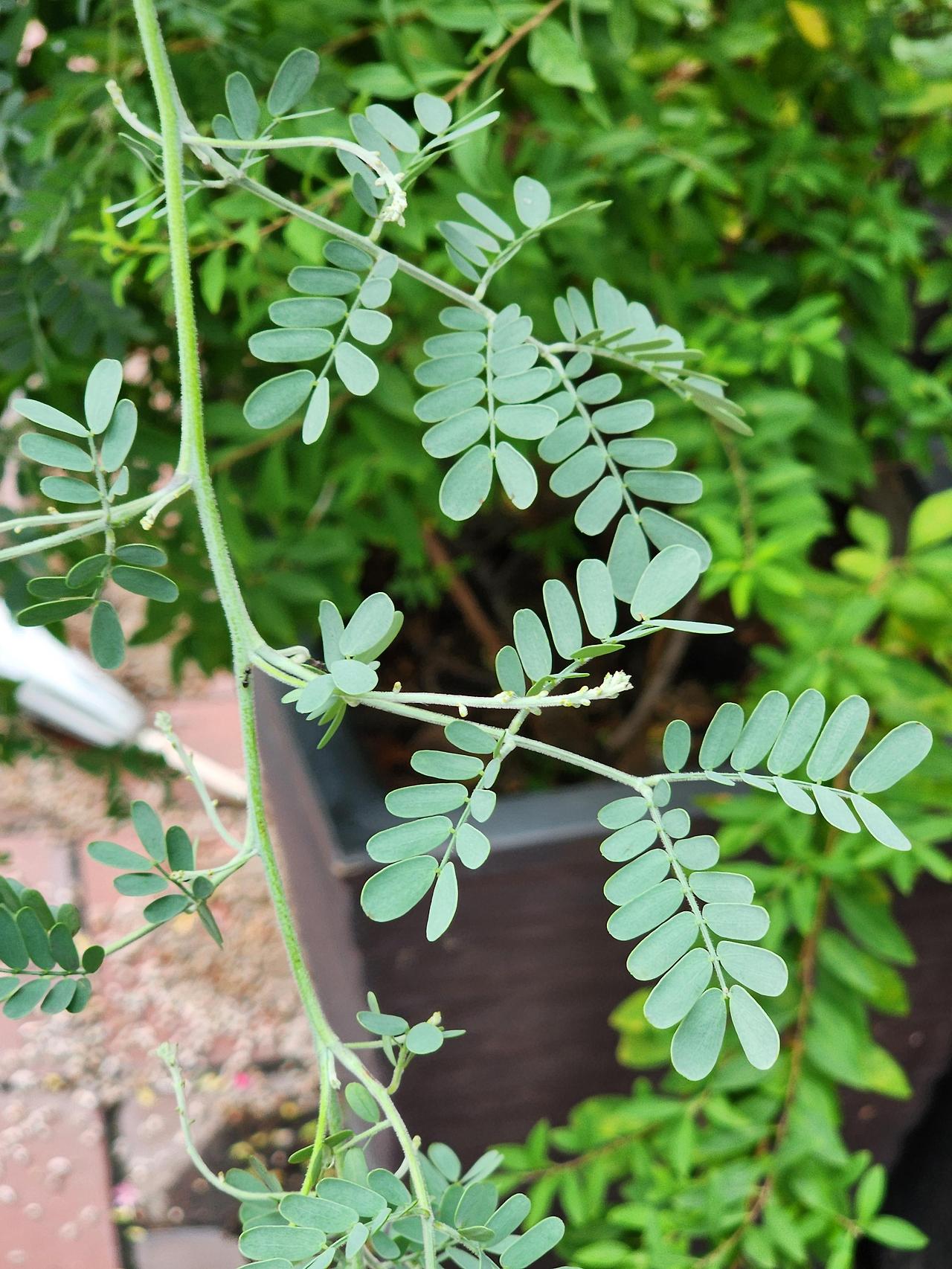

아래 : 2024.08.07 도봉구 방학동

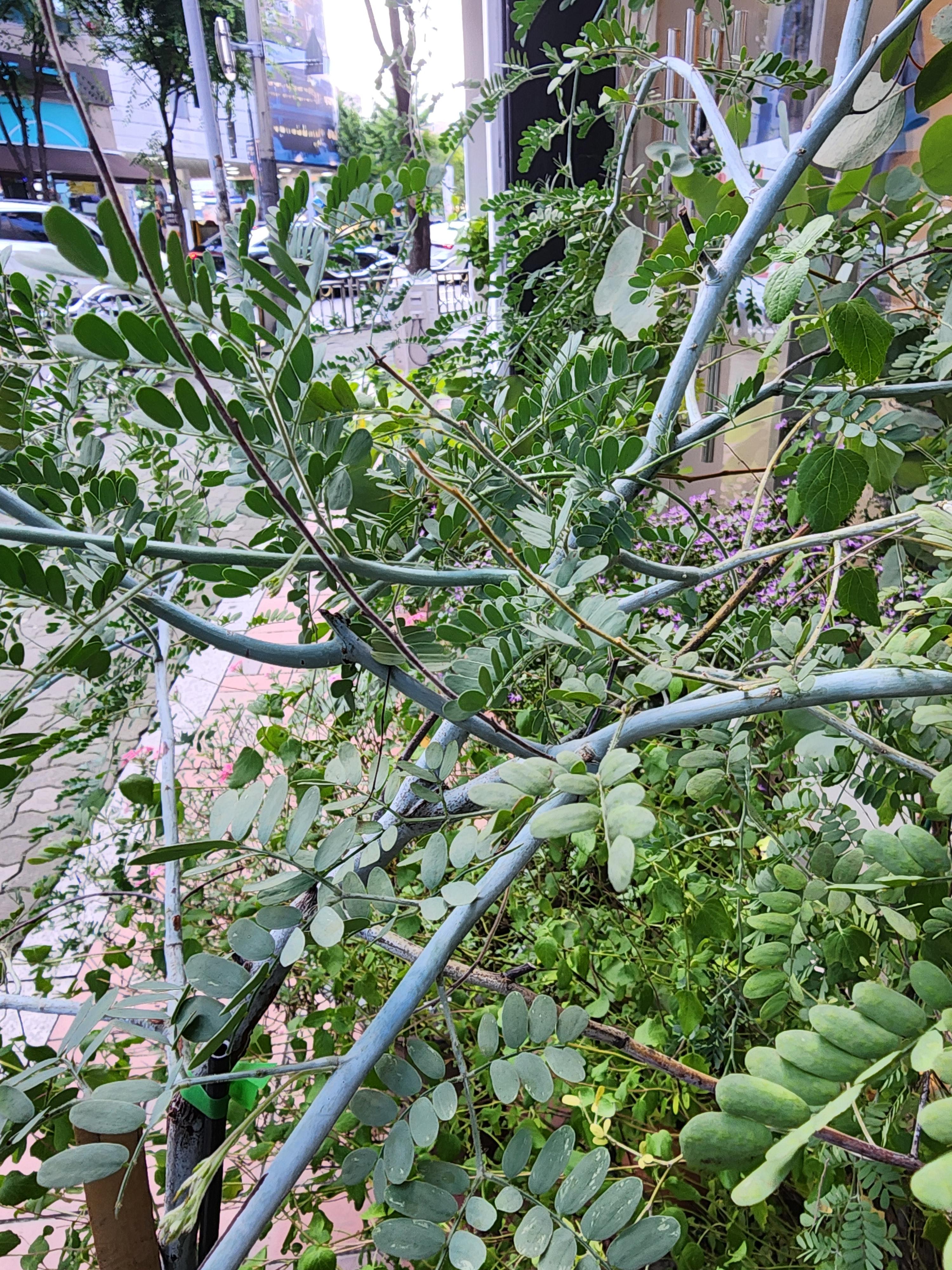

아래 : 2024.08.15 방학동

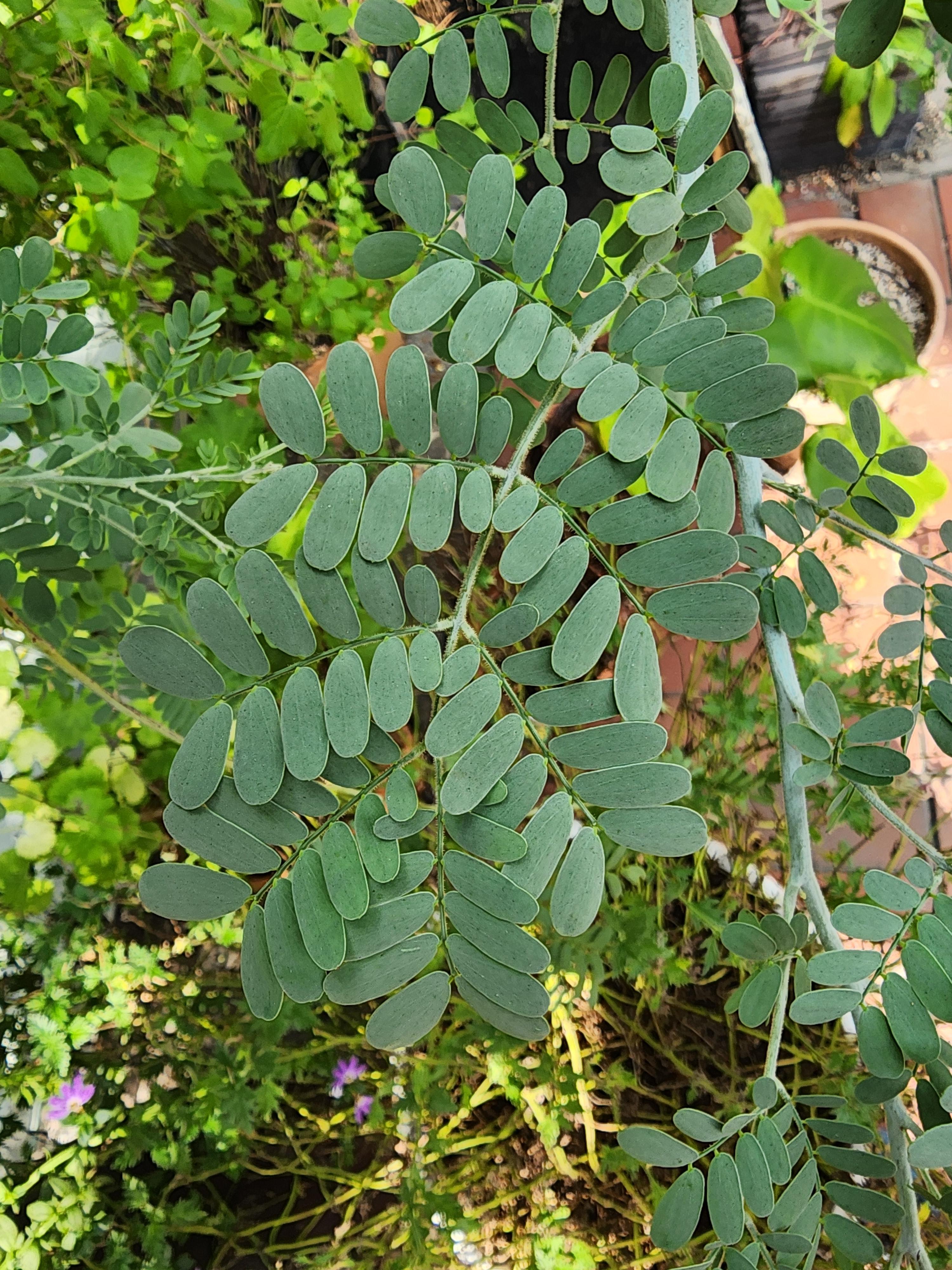
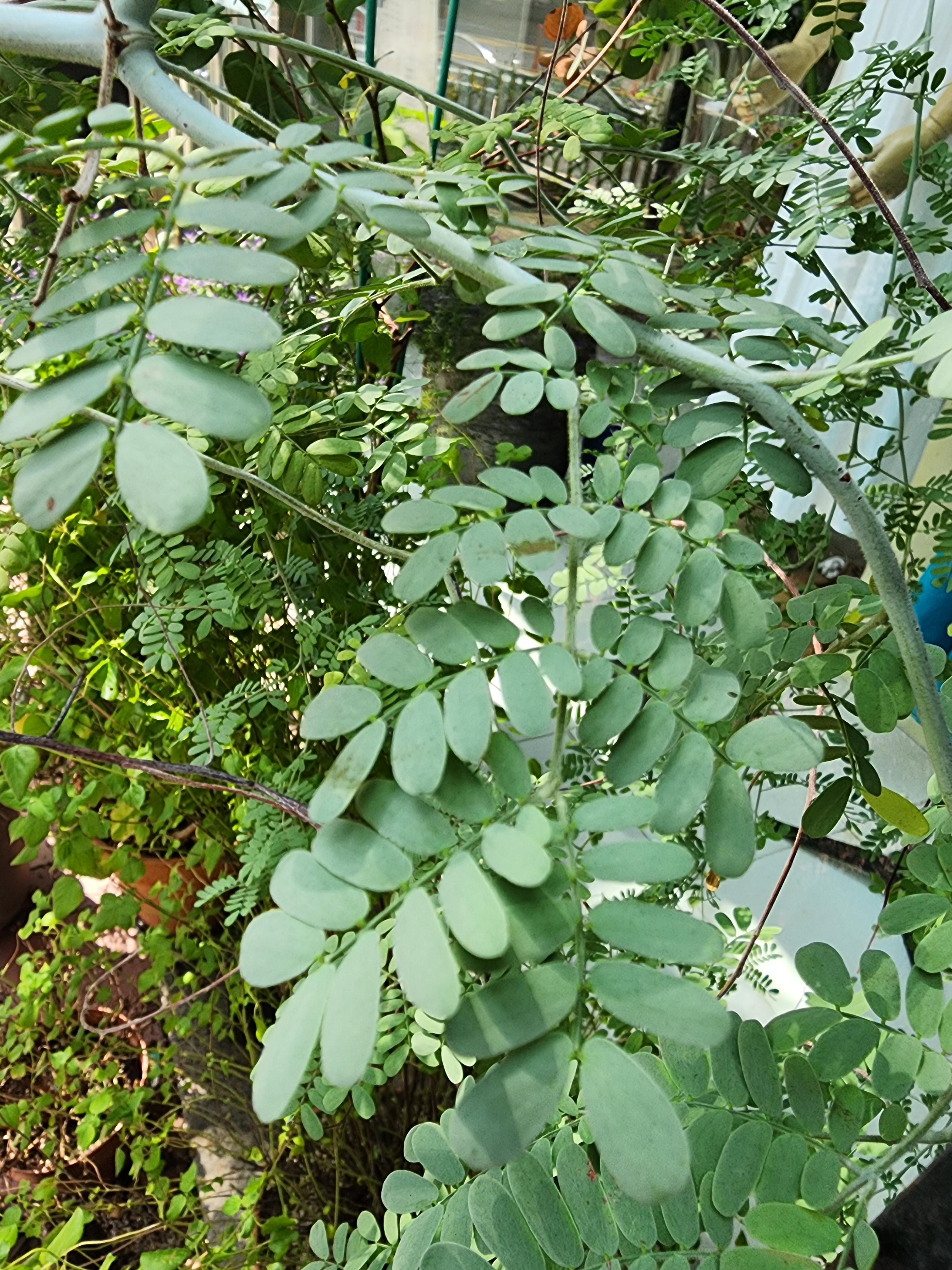
아래 : 2024.09.11 도봉구 방학동

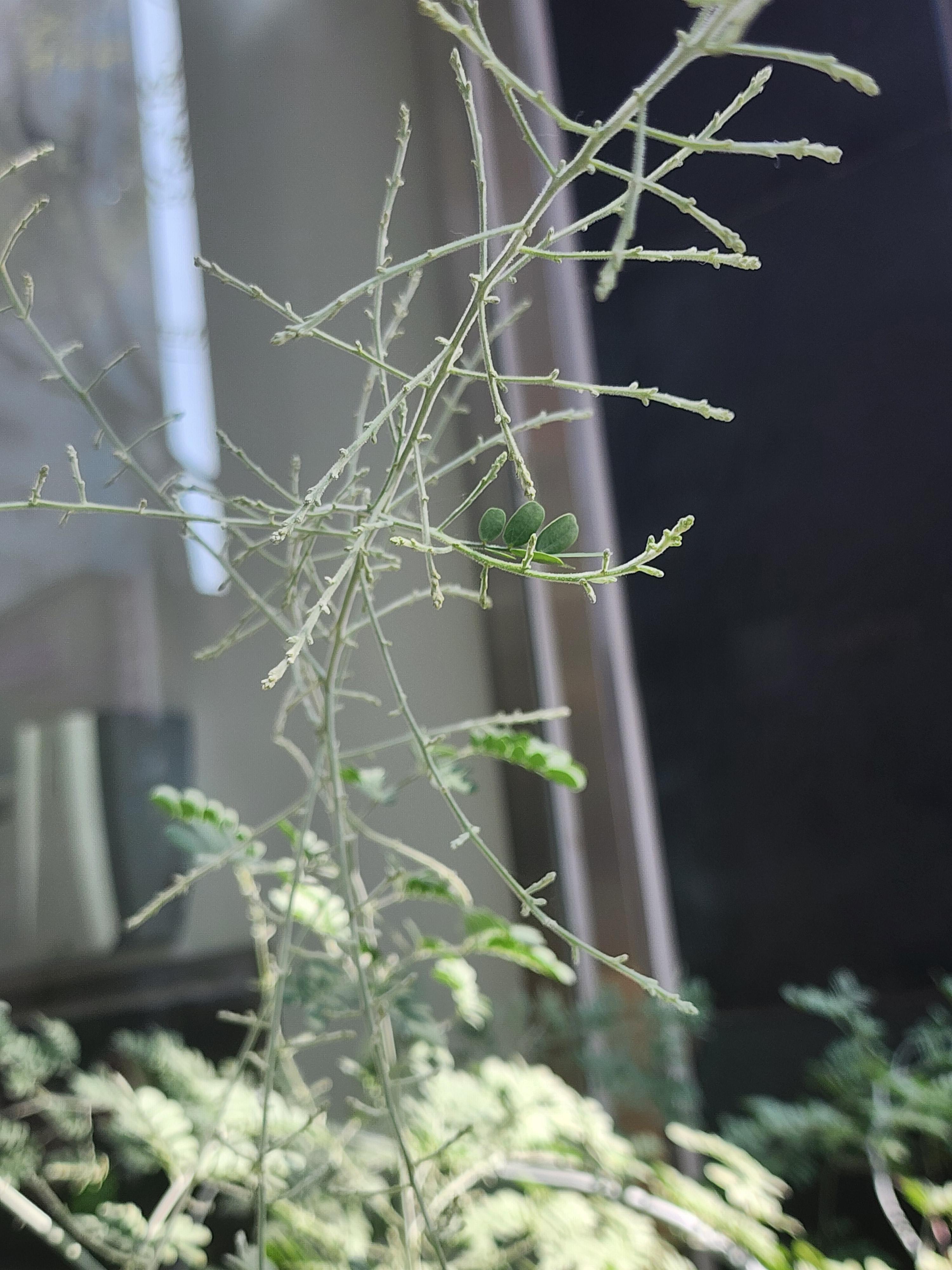
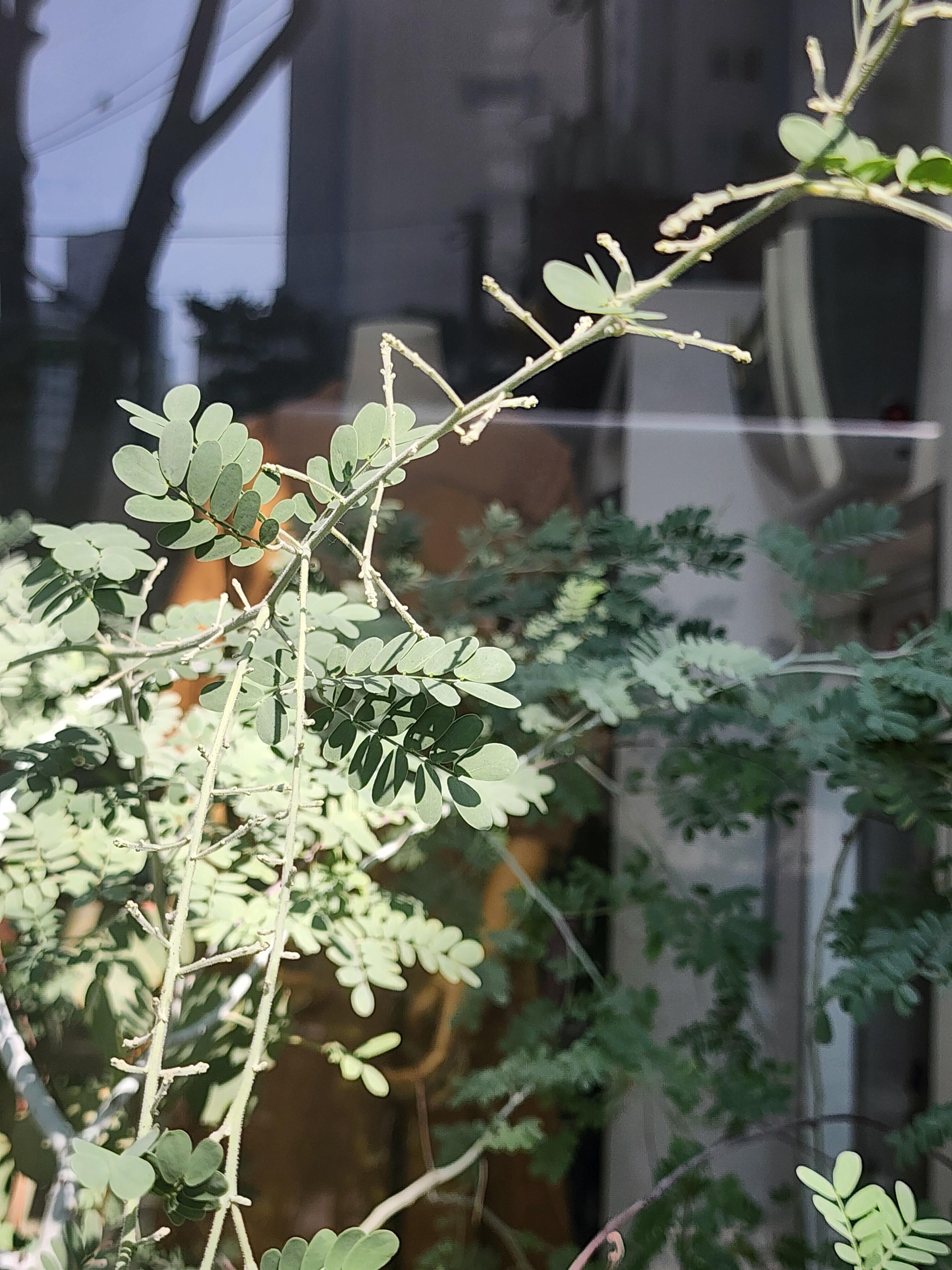





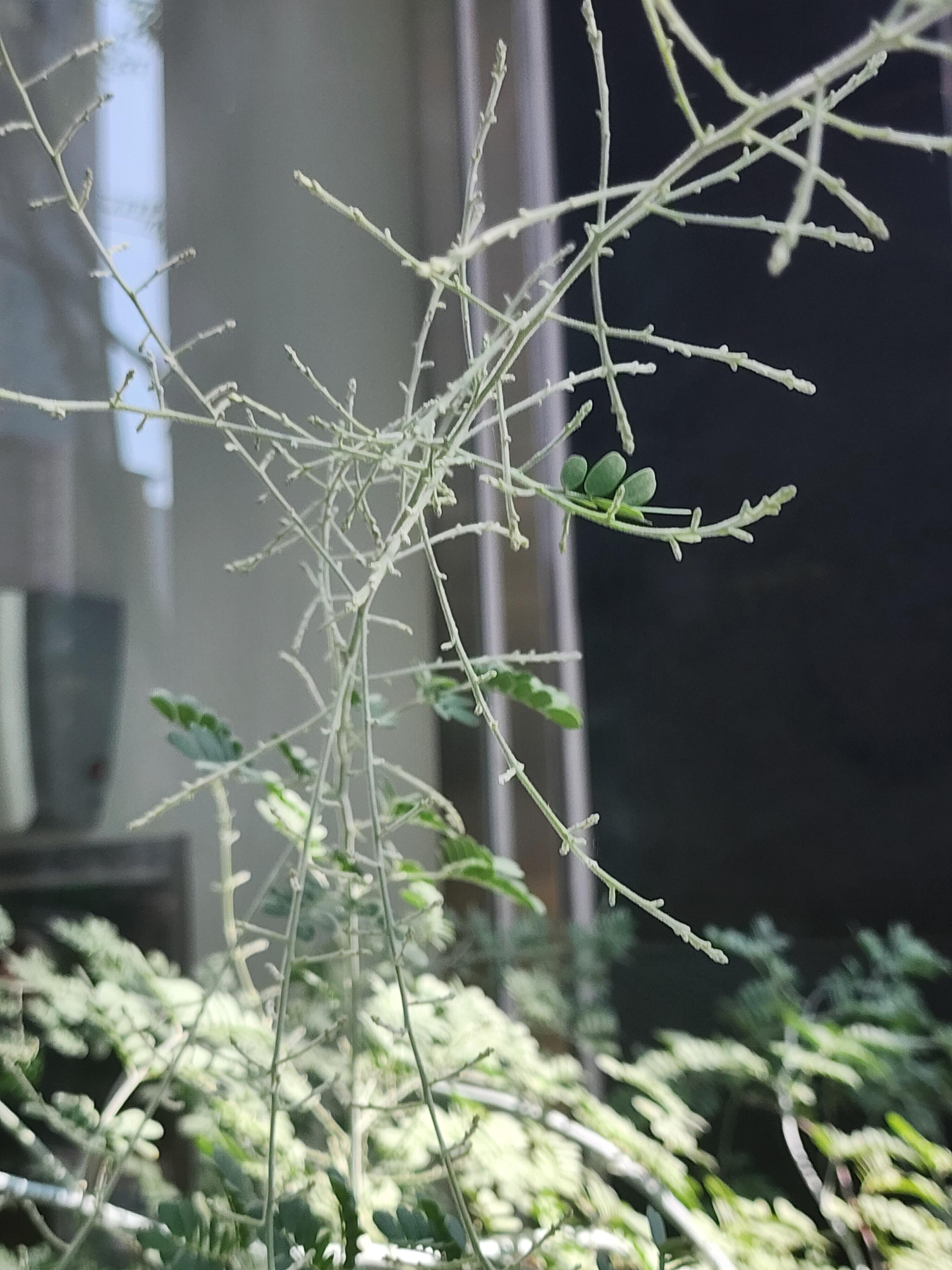
위키페디아 설명
Sophora prostrata is commonly known as kōwhai, prostrate kōwhai or dwarf kōwhai and is endemic to the eastern South Island from Marlborough to the Waitaki Valley in New Zealand although most commonly found on the Banks Peninsula.
It is a low growing shrub, reaching a height of around 2 metres.[1] This species has a divaricating habit that lasts for the life of the shrub unlike other New Zealand Sophora species which lose the divaricating habit as adult trees.[2][page needed]
The leaves of this species are usually quite small, up to about 2 cm in length.[3]
Flowers are often orange though they do occur as yellow in common with most other kōwhai species.[4] The seeds are black or very dark brown and may appear dark red. This contrasts with other native New Zealand Sophora species whose seeds are yellow.
https://en.wikipedia.org/wiki/Sophora_prostrata
Kōwhai
Kōwhai (Māori pronunciation: [kɔːɸai] or [kɔːfai]) are small woody legume trees within the genus Sophora, in the family Fabaceae, that are native to New Zealand. There are eight species, with Sophora microphylla and S. tetraptera being the most recognised[clarification needed] as large trees. Their natural habitat is beside streams and on the edges of forest, in lowland or mountain open areas.[1] Kōwhai trees grow throughout the country and are a common feature in New Zealand gardens. Outside of New Zealand, kōwhai tend to be restricted to mild temperate maritime climates.
The blooms of the kōwhai are widely regarded as being New Zealand's unofficial national flower.[2][3][4] As such, it is often incorporated as a visual shorthand for the country, such as in Meghan Markle's wedding veil, which included distinctive flora representing all Commonwealth nations.[5]
The Māori word kōwhai is related to words in some other Polynesian languages that refer to different species that look superficially similar, such as Hawaiian: 'ōhai (Sesbania tomentosa), Tahitian: ofai (Sesbania grandiflora) and Marquesan kohai (Caesalpinia pulcherrima).[6] Kōwhai is also the Māori word for the colour yellow.[7] The spelling kowhai (without a macron) is common in New Zealand English.[citation needed]
Species
The eight species of kōwhai are:[3]
Sophora chathamica, coastal kōwhai
Sophora fulvida, Waitakere kōwhai
Sophora godleyi, Godley's kōwhai
Sophora longicarinata, limestone kōwhai
Sophora microphylla, small-leaved kōwhai
Sophora molloyi, Cook Strait kōwhai
Sophora prostrata, prostrate kōwhai
Sophora tetraptera, large-leaved kōwhai[8][9]
Description and ecology
Most species of kōwhai grow to around 8 m high and have fairly smooth bark with small leaves. S. microphylla has smaller leaves (0.5–0.7 cm long by 0.3–0.4 cm wide) and flowers (2.5–3.5 cm long) than S. tetraptera, which has leaves of 1–2 cm long and flowers that are 3–5 cm long.[citation needed]
The very distinctive seed pods that appear after flowering are almost segmented, and each contains six or more smooth, hard seeds. Most species have yellow seeds, but Sophora prostrata has black ones. The seeds of Sophora microphylla can be very numerous and the presence of many hundreds of these distinctively yellow seeds on the ground quickly identifies the presence of a nearby kōwhai tree. Many species of kōwhai are semi-deciduous and lose most of their leaves immediately after flowering in October or November, but quickly produce new leaves. Flowering of kōwhai is staggered from July through to November, meaning each tree will get attention from birds such as tūī, kererū and bellbird.[10] Tūī are very attracted to kōwhai and will fly long distances to get a sip of its nectar.[citation needed]
The wood of kōwhai is dense and strong and has been used in the past for tools and machinery.[1]
Sophora is one of the four genera of native legumes in New Zealand; the other three are Carmichaelia, Clianthus, and Montigena.[9]
Studies of accumulated dried vegetation in the pre-human mid-late Holocene period suggests a low Sophora microphylla forest ecosystem in Central Otago that was used and perhaps maintained by giant moa birds, for both nesting material and food. The forests and moa no longer existed when European settlers came to the area in the 1850s.[11]
'원예.재배식물 > O-Z' 카테고리의 다른 글
| Spanish Bluebell (Bluebell과의 비교) (0) | 2025.03.30 |
|---|---|
| Streptocarpus saxorum(3) (0) | 2025.03.17 |
| Vernonia sp.(2) (2) | 2024.10.19 |
| Scaevola aemula(요정부채꽃) (0) | 2024.06.17 |
| Parkinsonia praecox (0) | 2024.05.29 |